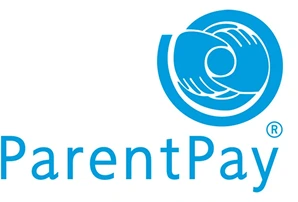A Level English Literature and Language
The course integrates the study of language and literature, concentrating on the links between the two.
It stresses the importance of looking at the place of literature in society. The course will encourage students to develop their abilities to write creatively and critically as they relate to a variety of texts. It also develops skills in spoken English. During the course, students will be involved in a wide variety of activities. These will incorporate group presentations, independent research and negotiation regarding tasks undertaken to suit individual areas of interest. English Language and Literature is a facilitating and highly valued subject and works very well within a wide plethora of subject combinations. It offers skills which are seen as desirable in both Higher Education and in the work place.
How is it assessed?
There are two examined components and one coursework component.
Paper 1 7707/1 – Telling Stories (40%)
- Section A: Remembered Places
- This section focuses on spoken and written texts from an AQA anthology containing a variety of texts linked by the theme of “Paris”. Students study the anthology and then compare an anthology text with a short unseen text, which is linked by theme, purpose or mode.
- Section B – Imagined Worlds
- Students study one prose text – Frankenstein, Dracula, The Handmaid’s Tale or The Lovely Bones They answer one question from a choice of two based on an extract from the text.
- Section C – Poetic Voices
- Students study 15 poems by one poet – John Donne, Robert Browning, Carol Ann Duffy or Seamus Heaney. They answer one question from a choice of two comparing two poems by their poet
Paper 2 (7707/2) – Exploring Conflict (40%)
2 hours 30 minutes (Open Texts)
- Section A – Writing about society
- Students study one text – Into the Wild, The Suspicions of Mr Whicher OR the Murder at Road Hill House, The Great Gatsby or The Kite Runner and do two tasks on the text.
- 1) Read a section of the novel and “recast” the story from a different perspective
- 2) Write a commentary explaining the decisions made in transforming the base text for this new account and the effects achieved.
- Section B – Dramatic Encounters
- Students study one text – Othello, All My Sons, A Streetcar Named Desire or The Herd. They do one task from a choice of two on a set scene exploring the dramatic effects created by the author in the scene and elsewhere in the play.
UNIT 3 – Non-examined assessment (20%)
Making Connections –This part of the subject content focuses on language use in different types of text. It is called “Making Connections” because it requires students to make active connections between a literary text and some non-literary material. It requires an investigation on a chosen theme and texts (free choice of any texts not set for examination).
TASK – A personal investigation that explores a specific technique and themes in BOTH literary and non literary discourse (2,500 – 3,000 words)
Example tasks –
- An investigation into how language is used to present race, power and status in Pinter’s The Caretaker and Enoch Powell’s Rivers of Blood Speech
- An investigation into how mental illness and its public perception is presented in The Caretaker and the screenplay One Flew Over the Cuckoo’s Nest.









